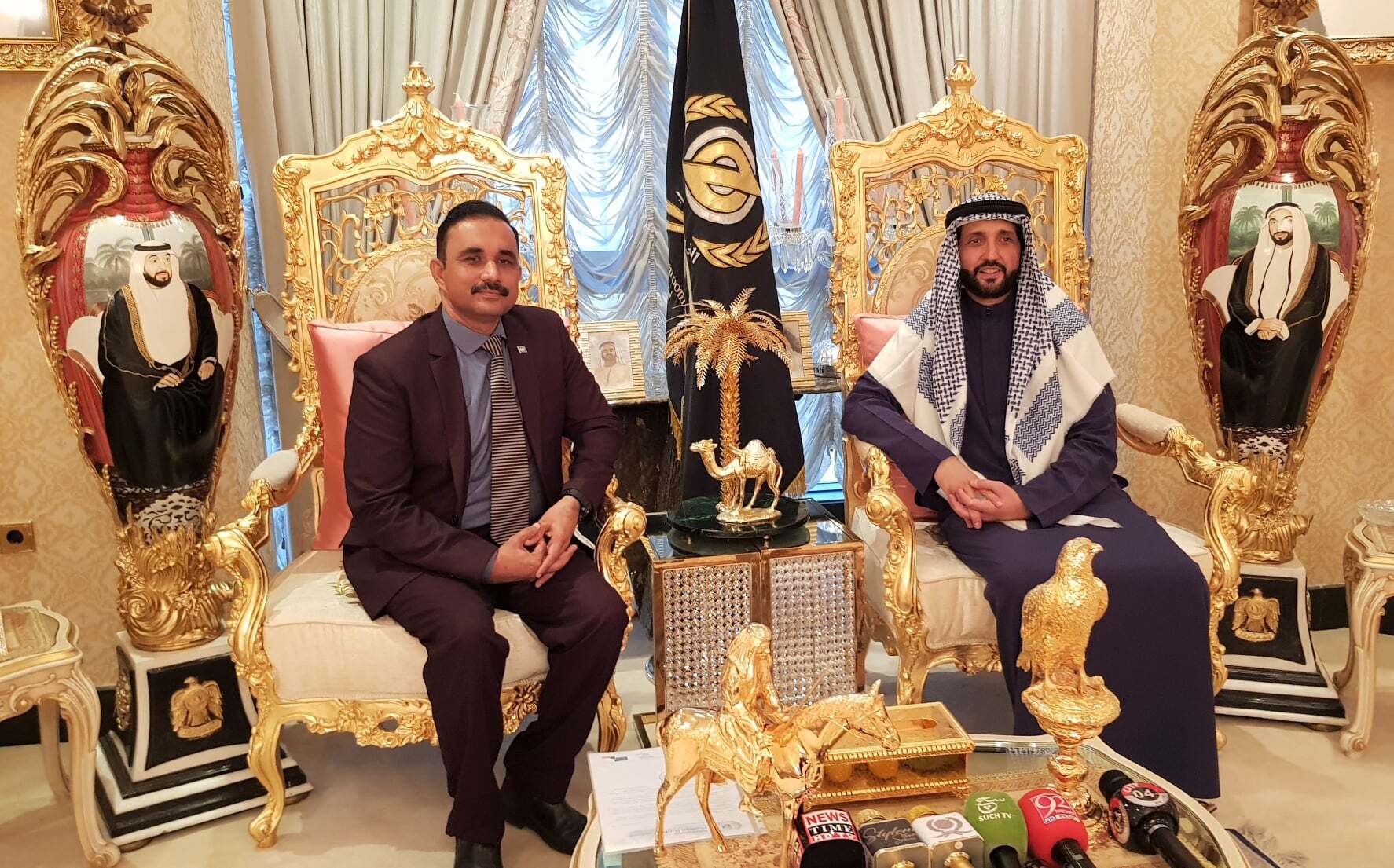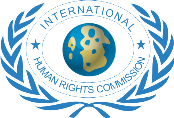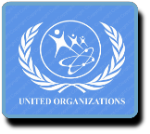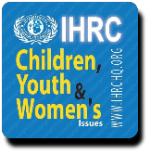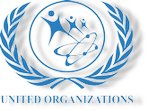Blog
Press note > Asia Region > Mohsin Durrani
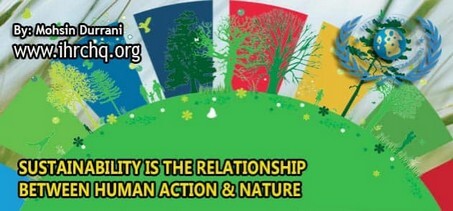
BLOG BY MOHSIN DURRANI
The concept of sustainability is about meeting the needs of the present without compromising the ability of future generations to meet their own. For a long time, environmental impact had been the main focus for many organisations craving a sustainability philosophy. It is an aim to change behaviors, both personal and systemic, and nudge society towards positive change. It is an action plan to reduce uneven societies, protect the environment, and still develop. It is, in short, a huge challenge faced by humankind right now.
Sustainability is the relationship between human action and nature. It is the constant search for a balance between the two, with an emphasis on resilience and future stability. Sustainability covers: social issues (for example, labour relations or human rights); environmental impacts (like climate change or waste); economic aspects (such as jobs or taxes); and governance considerations. There are many ways to describe the term “sustainability” and methods that can be applied to achieve it depending on the industry and context. At its core, however, it can be synthesized in three interdependent pillars: environmental sustainability, economic sustainability, and social sustainability.
A fundamental component of sustainable business is listening and responding to stakeholders. Stakeholders are groups and individuals who have an effect on or are affected by the corporation. These include workers, shareholders, regulators, non-profits, suppliers, customers and local communities. By understanding what these groups are looking for in the short-, medium- and longer-term, the business can be more successful.
Overall, the 17 Sustainable Development Goals (SDGs) contain 169 targets and 231 indicators for monitoring the implementation of the 2030 Agenda. END POVERTY can be achieved by dedicating ourselves to a human-centric & rights-based approach. Hunger can be eliminated within this lifetime, if we create better opportunities for farmers and focus on the needs of undernourished groups.
Healthy lives and promote well-being for all at all ages can be achieved by Innovation in terms of delivery models and technology mean is bringing the goal of healthy living for all within sight. Technology can help us to fundamentally transform education delivery and, with the right mix of policies and incentives, we can scale up early success stories. But we need to move beyond “first study, then work” to a model based on lifelong learning We will not achieve any of our goals if girls and women are not equal partners to boys and men. Let’s tackle wastewater, especially in towns and cities. This is a good way in, as 80% of it is currently not treated.
Ensure access to affordable, reliable, sustainable and modern energy for all by Evolution of distributed energy technology, maturity of financial tools and a greater awareness across stakeholders offer a new opportunity for solving the global issue of energy access. Promote sustained, inclusive and sustainable economic growth, full and productive employment and decent work for all by Well-functioning and transparent institutions that effectively protect property rights, reduce red tape, combat corruption and keep nepotism in check are essential.
Take urgent action to combat climate change and its impacts as It starts with Paris. An ambitious global climate agreement will accelerate climate action and low-carbon growth. Putting a value on reducing carbon will help. Then, we must move the mindset from carbon compliance to “carbon positive” solutions. Over 4 billion people, in almost all countries of the world, lack access to justice. Helping these people have their basic human rights respected means thinking creatively about how to implement reforms that enable efficient and accountable institutions that foster peaceful societies. he SDGs say “what” to do, now we must figure out “how”. We need new alliances like those described above that tap the innovation of businesses, civil society, cities and governments. We need new models of using limited public money to draw in more private finance.
